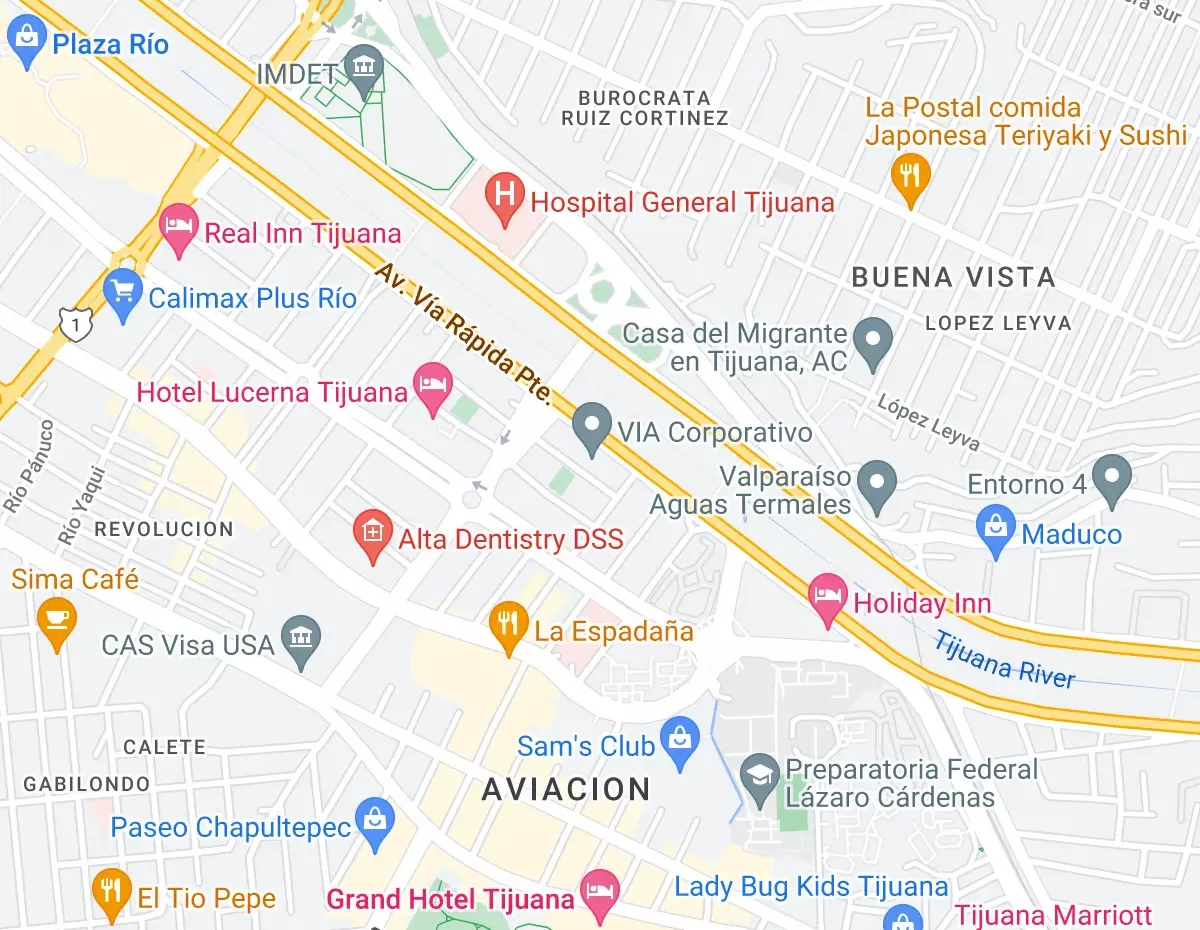Combining magnesium with ibogaine has garnered attention for its potential to enhance therapeutic outcomes. Magnesium is known for its neuroprotective properties, which can support the brain's recovery during ibogaine therapy. This synergy not only amplifies the benefits of ibogaine but also helps mitigate potential cardiac risks. Understanding this powerful combination can offer new hope for those struggling with addiction, PTSD, and other mental health issues.
Read on to discover how this innovative approach is transforming lives and why it might be the key to unlocking a healthier future.
Key Takeaways
- Synergistic Benefits: Combining magnesium with ibogaine enhances therapeutic outcomes, leveraging magnesium's neuroprotective properties to support brain recovery and mitigate cardiac risks during ibogaine therapy. This combination offers new hope for individuals struggling with addiction, PTSD, and other mental health issues.
- Treatment Efficacy: Strategic timing of magnesium administration, such as in the MISTIC protocol, optimizes the benefits of ibogaine, leading to significant improvements in mental health and cognitive function. Administering magnesium before and after ibogaine treatment ensures sustained therapeutic outcomes.
- Veteran Focus: Magnesium-ibogaine therapy is particularly effective for veterans with traumatic brain injuries and PTSD, offering a comprehensive approach to address both physical and mental health issues. This treatment shows promise in improving the overall well-being of veterans.
- Research-Backed: Studies published in Nature Medicine and other research institutions highlight the safety and efficacy of magnesium-ibogaine therapy, showing promising results with minimal side effects. This growing body of evidence supports further exploration and clinical trials.
- Personalized Care: New Roots Ibogaine provides tailored ibogaine treatment solutions at their clinic in Mexico, helping individuals overcome disabilities and achieve a healthier, more fulfilling life. Their approach ensures each patient receives personalized and effective care.
What is Ibogaine?
Ibogaine is a plant-based psychoactive drug derived from the root bark of the African shrub Tabernanthe iboga. Known for its powerful effects, ibogaine is classified as a psychoactive compound and has been utilized in various traditional and ceremonial practices.
Today, the use of ibogaine has expanded to modern therapeutic settings, where it is being studied for its potential to treat addiction and other mental health disorders. The psychoactive drug ibogaine is recognized for its unique ability to disrupt substance use disorders, providing a transformative experience for those seeking recovery.
Despite its classification, the use of ibogaine remains regulated and is typically administered in clinical environments. When using ibogaine, it is essential to understand the implications and benefits associated with this potent compound. Many individuals who have undergone treatment with ibogaine report significant improvements in their mental health and well-being, making it a subject of ongoing research and interest in the medical community.
Called ibogaine, this drug continues to intrigue researchers and clinicians alike as they explore its full therapeutic potential.
Why Magnesium Matters in Ibogaine Treatment
Now let's explore why magnesium matters in ibogaine treatment. The combination of ibogaine and magnesium has shown significant therapeutic potential. Ibogaine combined with magnesium, or administered along with magnesium, enhances the treatment's efficacy. This powerful therapeutic approach, known as magnesium–ibogaine therapy in vets, involves careful management of the dose of ibogaine to optimize results.
1. Mitigating Cardiac Risks
While the exact mechanisms by which magnesium and ibogaine work together are still under investigation, evidence suggests this combination may promote both structural and psychological improvements in brain health. Magnesium is known for its neuroprotective properties, which may enhance the therapeutic effects of ibogaine. This powerful combination is being studied in brain stimulation labs to understand its impact on cardiac health and psychiatric symptoms.
By facilitating changes to the brain, magnesium and ibogaine to treat conditions have shown promise. In clinical studies, ibogaine improved various mental health outcomes, highlighting its potential as a transformative treatment.
2. Enhancing Treatment Protocols
In innovative treatment protocols like MISTIC (Magnesium–Ibogaine: the Stanford Traumatic Injury to the CNS), magnesium is administered alongside ibogaine to maximize therapeutic outcomes. Patients typically receive an intravenous infusion of magnesium sulfate 1–2 hours before taking ibogaine, followed by another dose approximately 12 hours later. This strategic timing aims to optimize the benefits of both substances. Administered ibogaine along with magnesium has shown promising results, particularly in enhancing the treatment's efficacy.
Patients undergoing this protocol receive ibogaine in a controlled setting, where they are closely monitored and coached to ensure a safe and effective experience. Coaching patients undergoing ibogaine treatment is crucial for managing expectations and addressing any immediate concerns that may arise.
Improvements are often observed immediately after treatment, with significant progress noted in the days and weeks that follow. Many patients report continued improvement after treatment, experiencing substantial benefits even a month after treatment. This approach demonstrates the potential for long-term positive outcomes, highlighting the importance of strategic administration and patient support throughout the treatment process.
3. The Mechanisms at Play
The mechanisms by which ibogaine and magnesium work together involve complex interactions within the brain. This combination targets a host of different brain areas, addressing both functional and neuropsychiatric symptoms. Brain scans of patients treated with ibogaine combined with magnesium have shown significant changes, highlighting areas of improvement after treatment.
These improvements are not only structural but also functional, indicating a holistic enhancement of brain health. By focusing on these critical areas, the combined therapy demonstrates a promising approach for treating a variety of conditions, offering hope for long-term recovery and mental well-being.
4. Positive Outcomes from Research
In a study involving 30 special operations veterans with predominantly mild traumatic brain injuries (TBIs), the MISTIC protocol showed promising results. Published in Nature Medicine, this study on ibogaine combined with magnesium revealed significant improvements in participants' functioning and reductions in PTSD symptoms, depression, and anxiety. This clinical trial, part of ongoing ibogaine research, has sparked renewed interest in ibogaine as a viable treatment option for traumatic brain injuries and associated mental health issues.
The new study reported not only the therapeutic benefits but also the safety of the combined approach, as no unexpected or serious adverse events were observed. Participants' lives after taking ibogaine were markedly improved, with many experiencing sustained benefits. This positive outcome underscores the potential of ibogaine in transforming mental health treatment protocols and provides hope for veterans and others suffering from similar conditions.
The findings from this study contribute to the growing body of evidence supporting the efficacy and safety of ibogaine, encouraging further exploration and clinical trials in this area.
Ibogaine Treatment for Veterans
Ibogaine treatment has shown considerable promise for veterans, particularly those who have suffered from traumatic brain injuries (TBIs) and related conditions. This approach combines the therapeutic potential of ibogaine with the benefits of magnesium to address various physical and mental health issues faced by veterans.
Veterans with Traumatic Brain Injuries (TBI)
Veterans with traumatic brain injuries (TBI) often face significant challenges in their daily lives. Military veterans, including those from special operations units, frequently encounter TBIs during their service. Veterans who have gone through such experiences are now exploring treatment solutions that can provide relief from their symptoms. Therapy in veterans with traumatic injuries, particularly those in military veterans with traumatic brain conditions, focuses on improving their overall functioning and quality of life.
Symptoms of Traumatic Brain Injury
Traumatic brain injury (TBI) can manifest in various ways, ranging from mild traumatic brain injuries to more severe cases. The symptoms of traumatic brain injury include headaches, dizziness, cognitive difficulties, and emotional disturbances. Many veterans have a history of TBI and repeated injuries, which complicates their condition. Interestingly, some symptoms aren't necessarily linked to TBI directly but can still affect the individual's well-being.
TBI and Repeated Injuries
The repeated injuries associated with TBI lead to cumulative neuropsychiatric symptoms of traumatic brain conditions. Studies in brain stimulation labs have been exploring ways to alleviate these symptoms. Veterans with TBI often undergo extensive treatment and monitoring to manage the effects of their injuries and improve their quality of life.
Post-Traumatic Stress Disorder (PTSD)
Post-traumatic stress disorder (PTSD) is another major concern for veterans. Symptoms of PTSD can be debilitating and include flashbacks, nightmares, and severe anxiety. TBI can exacerbate these symptoms, making treatment more complex. Addressing psychiatric symptoms and providing comprehensive care is essential for veterans dealing with both TBI and PTSD.
Neuropsychiatric Symptoms of Traumatic Brain
Neuropsychiatric symptoms of traumatic brain injury encompass a range of functional and neuropsychiatric symptoms, such as mood swings, irritability, and cognitive impairment. These symptoms significantly impact the daily lives of affected individuals, making it crucial to find effective treatment strategies that target these areas.
Depression and Anxiety
Depression and anxiety are common co-occurring conditions in veterans with TBI and PTSD. The symptoms of depression, such as persistent sadness and loss of interest, along with anxiety symptoms like excessive worry and panic attacks, can severely affect a veteran's mental health.
Addressing both depression and anxiety is crucial for improving the overall mental health of these individuals, making it a key focus in therapeutic interventions.
Closing Thoughts
The combination of magnesium and ibogaine offers a promising approach to treating various conditions, especially among veterans with traumatic brain injuries and PTSD. Research from institutions like Stanford University highlights the therapeutic potential of this innovative treatment, demonstrating significant improvements in mental health and cognitive function. By addressing both cardiac and neuropsychiatric symptoms, magnesium-ibogaine therapy provides a comprehensive solution for those seeking recovery.
If you or a loved one is exploring treatment options, consider New Roots Ibogaine. Our ibogaine treatment clinic in Mexico specializes in providing cutting-edge therapies tailored to individual needs, helping you overcome disability and achieve a healthier, more fulfilling life.
Contact us or visit us at Calle Mision de San Javier #10643-400, Tijuana B.C., México CP 22010.




